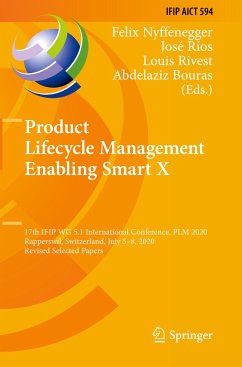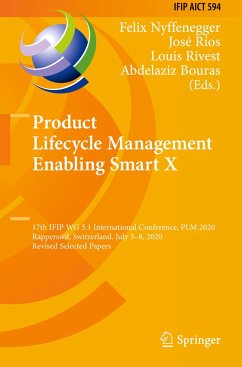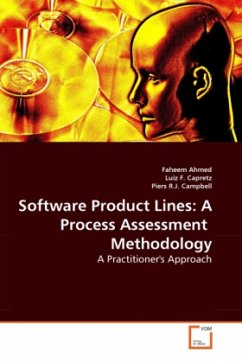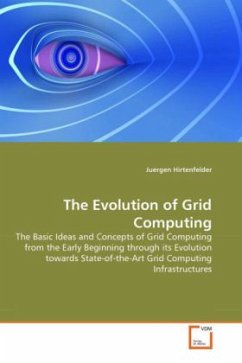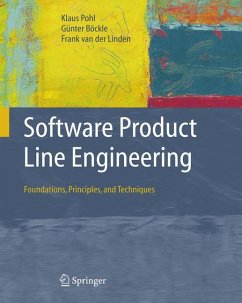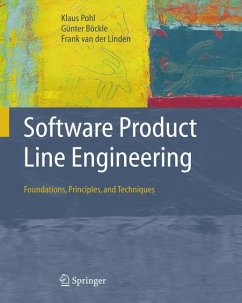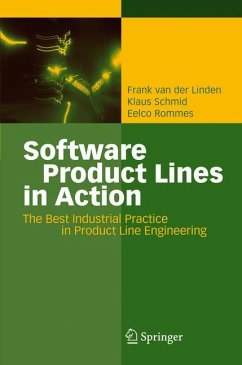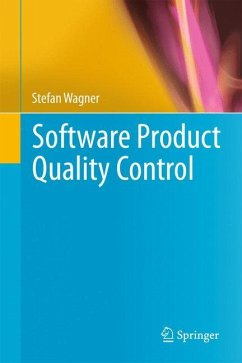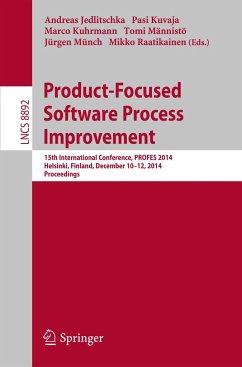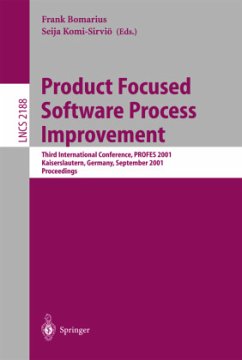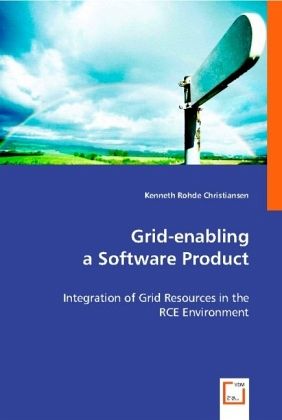
Grid-enabling a Software Product
Integration of Grid Resources in the RCE Environment
Versandkostenfrei!
Versandfertig in 6-10 Tagen
39,99 €
inkl. MwSt.

PAYBACK Punkte
20 °P sammeln!
Grid middleware has for many years been on everyone's lips, but what it is really? and how could it help us within our company? These were some of the questions Kenneth Christiansen had when he began work on his thesis at the German Aerospace Center (DLR). In his thesis Kenneth gets to the bottom of this exciting technology and looks at the two most well known implementations, Globus and UNICORE. With the German Aerospace Center developed product SESIS as the base, analysis is performed to understand how to take advantage of grid resources. The product is a conceptual design and simulation sys...
Grid middleware has for many years been on everyone's lips, but what it is really? and how could it help us within our company? These were some of the questions Kenneth Christiansen had when he began work on his thesis at the German Aerospace Center (DLR). In his thesis Kenneth gets to the bottom of this exciting technology and looks at the two most well known implementations, Globus and UNICORE. With the German Aerospace Center developed product SESIS as the base, analysis is performed to understand how to take advantage of grid resources. The product is a conceptual design and simulation system for the early design phases of ship development, which empowers the engineers to perform complex collaborative simulations between the shipyards and suppliers over the internet. As such simulations and calculations can be quite heavy, a grid can come in handy for speeding up or outsourcing these processes. Various options for integrating grid middleware within the product are presented and one of the options is chosen; to develop a Grid-aware Software Development Kit. How to make a such a development kit is detailed within the thesis.



